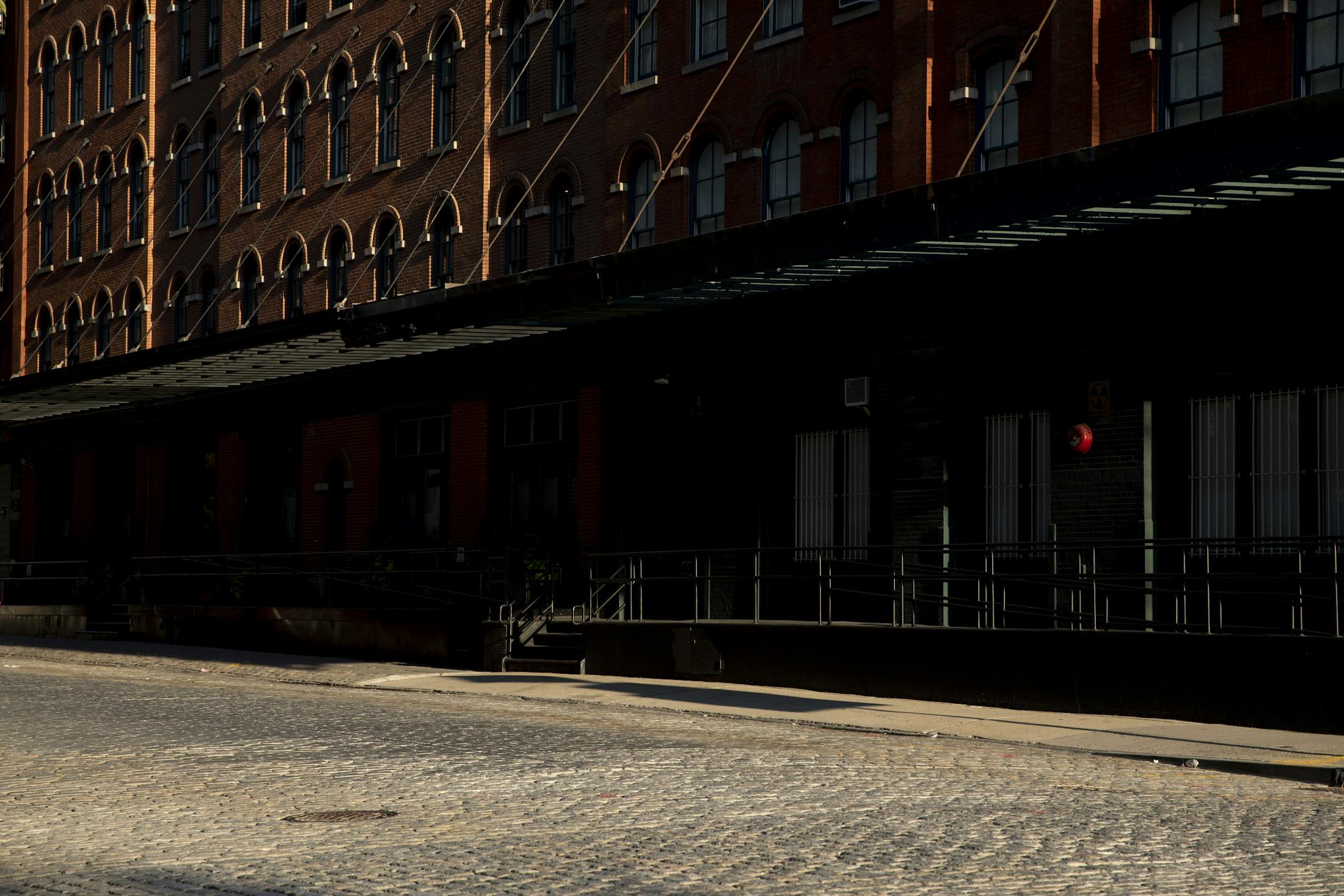What Makes a Cellar Door Defective and/or Dangerous?
A cellar door can be considered defective or dangerous due to various factors. Here are some common reasons:
Structural issues
If the construction or materials used in the cellar door are inadequate or compromised, it can pose a safety risk. Weak or deteriorating structural components may lead to a total or partial collapse or accidents when people walk or stand on the door.
Faulty hinges or latches
A defective cellar door may have faulty hinges or latches that can result in improper functioning or security problems. Hinges that are loose, rusted, or prone to breaking can make the door unstable and hazardous. Similarly, a latch that doesn't secure properly can lead to accidental openings or instability.
Inadequate support or bracing
Cellar doors should have sufficient support and bracing to withstand the weight of individuals and objects. If these components are lacking or poorly designed, it can lead to structural failure, collapses, or accidents.
Poor sealing or insulation
A defective cellar door may have improper sealing or insulation, which can allow water, pests, or drafts to enter the cellar. This can cause damage to stored items, create moisture-related issues, or compromise the stability of the door.
Slippery or uneven surfaces
Defective cellar doors may have slippery or uneven surfaces, such as worn-out or damaged steps, that can increase the risk of trips, slips, and falls.
Lack of safety features
Cellar doors should be equipped with appropriate safety features, such as handrails, non-slip surfaces, or warning signs, depending on the specific design and use. The absence of these safety measures can make the cellar door more dangerous.




